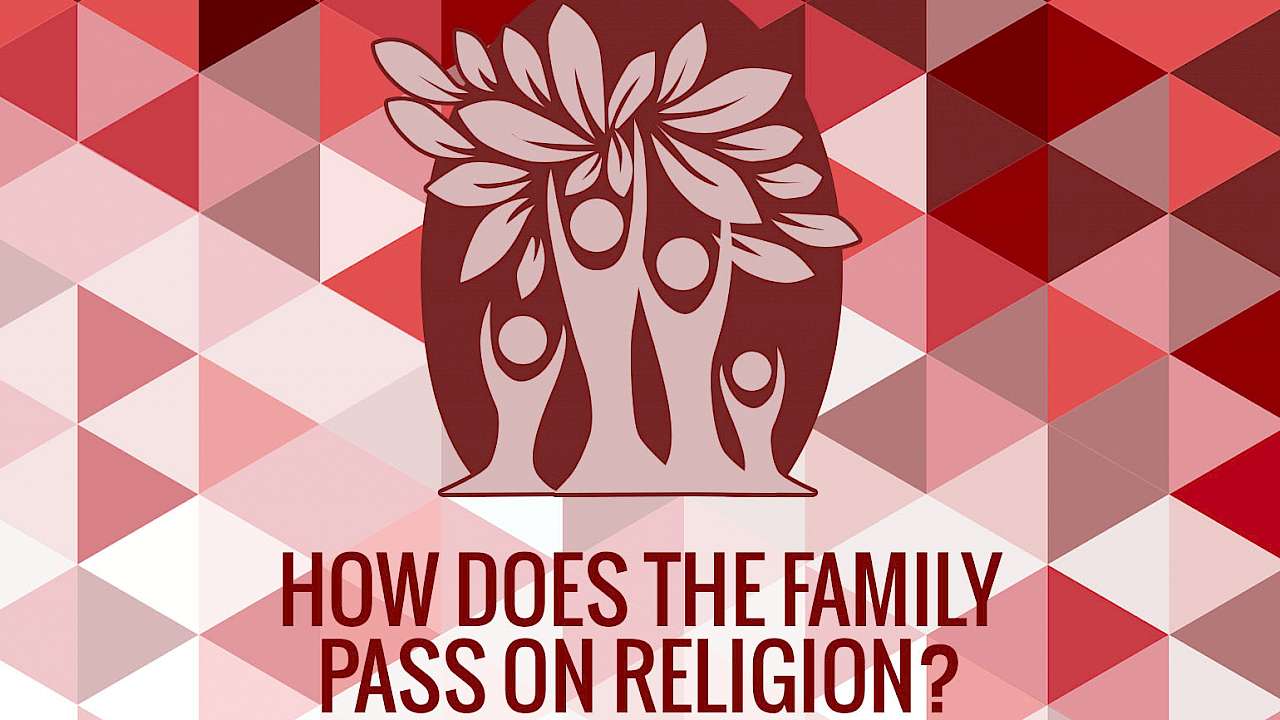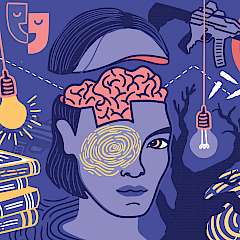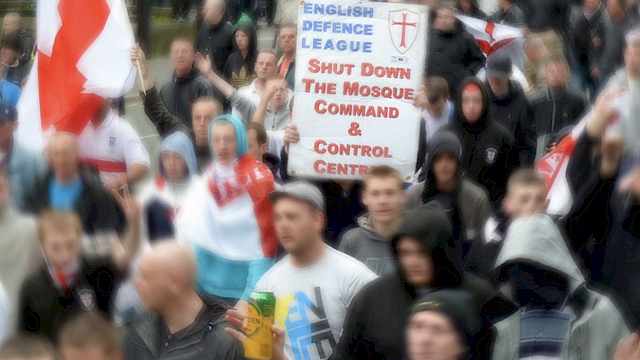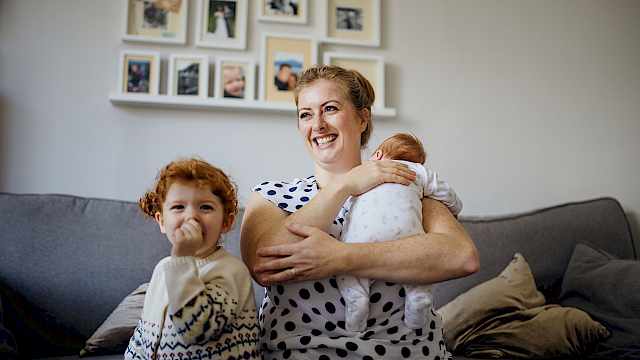We get religion from our parents, or so people generally believe. However, the decline in most Western countries of membership of religious institutions, like the Church of England, suggests that religious transmission is more complicated than that.
We have studied the evidence on how ideologies, religious and political, are transmitted within families. Our work brings together and summarises open source, social science research on ideological transmission. We draw on over a hundred books and articles from religious studies, social psychology, sociology, political science, education, anthropology and security studies, to address the following questions:
- How is political and religious ideology passed on between and across generations and to newcomers?
- Who is responsible for ideological transmission?
- Where and when does ideological transmission take place?
- How do these issues apply to the transmission of extremist and terrorist ideologies?
The most common assumption about how ideology is transmitted is that parents pass on their religion to their children. This is known as the ‘direct-transmission’ model. However, there is a lack of evidence about how exactly this process works in practice. The model also assumes that children don’t play an active role in their development, and this has been found to be false.
This doesn’t mean that religious and political ideologies aren’t passed on from generation to generation, just that how this happens is more complicated than previously thought. For example, mothers are more influential than fathers in passing on values and beliefs, particularly where they hold strong partisan views. However, both parents agreeing on religious questions, and the family practising their religion together, greatly increases the chance of their children identifying with the same religion. Identity and affiliation with religious and political causes are more likely to be passed on in general than more abstract notions like values and beliefs.
While the family plays an important role in developing the identity and beliefs of children, it is not the only place where this occurs. Schools and friends are also very important, and major life events can have a big impact. Discrimination, income inequality, and other factors all drive religious socialisation.
The same lessons apply to how extreme religious beliefs are passed on between generations and families. In case studies on extremism and terrorism that we looked at, it was rarely the case that parents directly passed on an extremist ideology to their children. However, often the family was seen to provide connections to terrorist or extremist groups. The past experiences of family members were also important; they often provided a source of grievance or involvement in extremism that later motivated children to join extremist groups.
However, parents and wider families also challenged the extremist beliefs of children, and children sometimes challenged what they saw as the lapsed belief of their parents. This reinforces evidence from non-extremist settings, where some second-generation immigrants, for example, are found to be more religious than their parents’ generation.
Evidence from real-world accounts of terrorists and extremists have tended to see the family either as facilitating contact between individuals and terrorist or extremist groups or as a potent source of collective memory, grievance, and tradition. In some cases, individuals adopted the ideological commitments of their parents; in others, they rebelled against them. Some parents shared the grievances of their children, but others criticised and challenged them. In all cases, the role of the family was highly context-dependent.
Copyright Information
As part of CREST’s commitment to open access research, this text is available under a Creative Commons BY-NC-SA 4.0 licence. Please refer to our Copyright page for full details.
IMAGE CREDITS: Copyright ©2024 R. Stevens / CREST (CC BY-SA 4.0)






